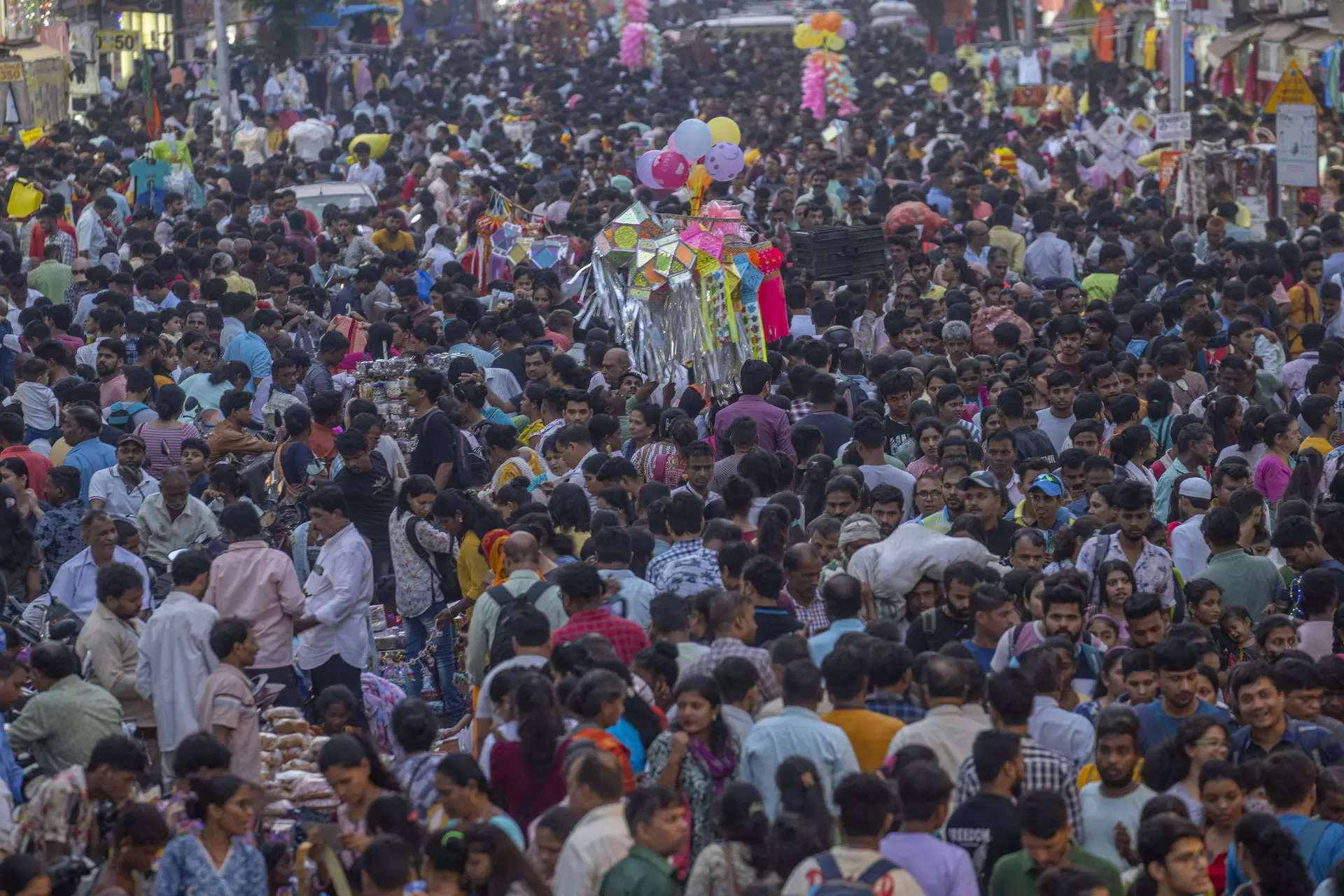The United Nations estimated that this quantity had been exceeded 10 months earlier, after declaring November 22, 2022, “8 Billion Day,” the Census Bureau mentioned in an announcement.
The distinction is because of nations counting folks in another way – or by no means. Many lack techniques to register births and deaths. In keeping with the company, a number of the most populous nations, resembling India and Nigeria, haven’t performed censuses in additional than a decade.
Whereas world inhabitants progress stays sturdy, from 6 billion to eight billion for the reason that flip of the millennium, the tempo has slowed since doubling between 1960 and 2000.
Individuals rising older are accountable for a lot of the latest improve. The worldwide common age, now 32 years outdated, has risen in a pattern that’s anticipated to proceed in direction of 39 years by 2060.
Nations like Canada are growing old and mortality among the many aged has fallen, whereas nations like Nigeria have seen a dramatic decline in deaths amongst kids beneath 5. alternative stage in a lot of the world and contributes to a median greater than 50-year pattern of smaller will increase in inhabitants progress. The minimal variety of such births wanted to interchange each fathers and moms for a impartial international inhabitants is 2.1, demographers say. Almost three-quarters of individuals now reside in nations with fertility charges at or beneath that stage.
Nations with fertility charges round alternative stage embody India, Tunisia and Argentina.
About 15% of individuals reside in locations the place fertility charges are beneath alternative stage. Nations with low fertility charges embody Brazil, Mexico, the US and Sweden, whereas nations with very low fertility charges embody China, South Korea and Spain.
Israel, Ethiopia and Papua New Guinea are among the many nations with fertility charges greater than the alternative price, as much as 5. Such nations have virtually 1 / 4 of the world’s inhabitants.
Solely about 4% of the world’s inhabitants lives in nations with fertility charges above 5. They’re all in Africa.
International fertility charges are anticipated to say no a minimum of by 2060, and no nation is predicted to have a price greater than 4 by then, in response to the company. (AP)
AMS


